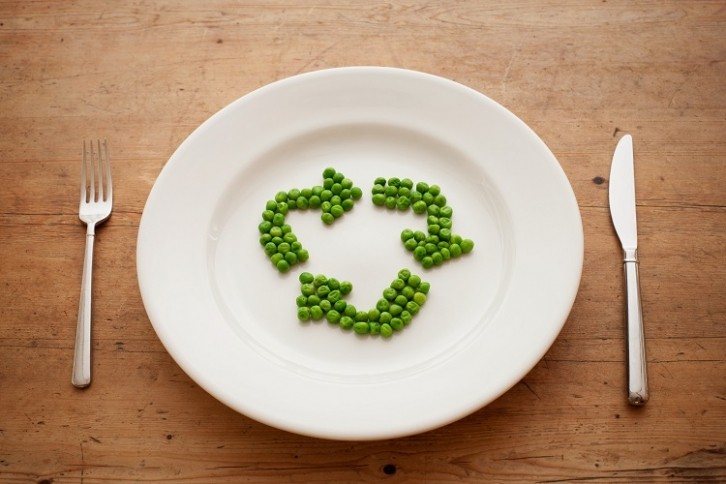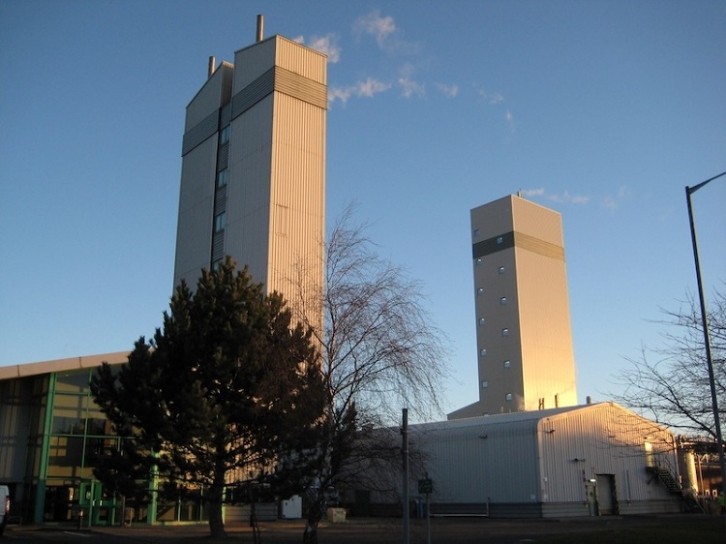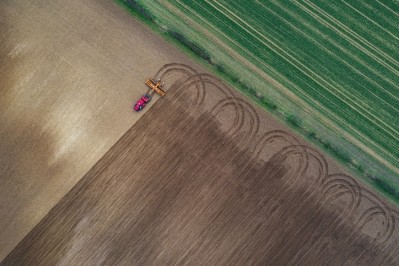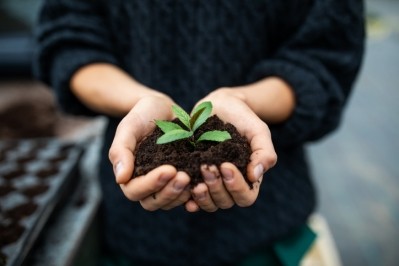Mycoprotein and fungal proteins – The sustainability potential

The food system, as a whole, makes up about 30% of global greenhouse gas emissions. Much of this stems from traditional meat and dairy. However, protein is a vital nutrient for human health, and meat and dairy provide many people with much of their protein.
Fungal-based proteins, such as mycoprotein, fare well in sustainability when compared to animal-based proteins, providing a possible alternative to meat and dairy, explained Quorn at the Mycoprotein Summit in Kew, UK, last week.
Tracking sustainability
Quorn is keen to aim towards having a ‘net positive’ effect on the environment. In its efforts to reach this goal, the company tracks each stage in its production process and assess its sustainability. Mycoprotein is far more sustainable than animal agriculture, Bibi Rodgers Hunt, Net Positive Lead at Quorn, told FoodNavigator.
This is because it doesn’t take up as much land. Twin 150,000-litre fermentation towers, belonging to Quorn parent company Marlow Foods, rather than industrialised farms, is where its mycoprotein is made.
The towers take up significantly less space than animal agriculture, which covers vast swathes of land and is one of the driving forces behind deforestation. Quorn’s fermentation also emits 98% less carbon than beef, according to Rodgers Hunt.
Upscaling potential of waste materials
One of the benefits of fungi is that it can be used to upscale food waste into new products. “The idea of waste is a human concept.” said Dr Vincent Walsh, an expert in regenerative agriculture, during a panel on sustainability, “The biosphere never created waste, and never will because it can’t, it always has to upcycle. So there's biological principles that we know work, and we have to start mimicking them.”
Circularity, he said, is key. “For example, 3.4 billion years ago, we know the Earth system started to become circular from photosynthesis. Well, that tells you a lot about any complex ecosystem.” By studying the circularity of the real world, Walsh believes, we can find inspiration on how to upcycle food ourselves.
On his farm, Walsh upscales fungal protein, using waste products from other food companies. “There is a deep relationship between food companies in terms of waste outputs, and farmers,” he said.

“And so what I want to do with food companies is look at their waste streams; and through a number of biological processes, we upcycle.” Walsh collects waste materials from companies such as Quorn, and upcycles it in a process mirroring nature, using a fungi-based compost system. “And what we end up with is a number of biological materials that we can pop back onto our farm.”
Walsh spoke about the importance of working with food companies. “If we want more sustainable agriculture based on complexity,” he said, “we need to be working with food companies, because food companies have a range of waste streams, and we can use the waste streams to feed into our farming platforms.” Most importantly, fungi is, said Walsh, “critical to everything that I do. “
Nature is in freefall
“Nature is in freefall,” said Joanna Trewern, head of consumption at WWF UK, during the panel. To protect it, traditional conservation is not enough. We need, she said, to “transform our production and consumption methods.”
Because of the grand toll that meat production takes on the environment, we need meat alternatives that are as appealing as possible. “I think particularly there is a need for the meat alternatives that are undoubtedly useful at helping people transition to lower meat diets being nutritionally adequate,” said Trewern. “And lots of the products we see on the market are not.”
Trewern spoke to FoodNavigator afterwards about the need to transition away from animal-based proteins. “Humanity is facing into a ‘triple challenge’: how to ensure food and nutrition security for a growing global population while keeping global warming to 1.5 degrees and reversing nature loss.
“Around 30% of global greenhouse gas emissions are associated with the food system, and almost half have been attributed to animal agriculture. Our food system is also the greatest driver of biodiversity loss. If we’re to stand any chance of meeting global climate and nature targets, we need to change how we produce and consume food.”
Thus, switching to a plant-based diet is vital in order to reverse the effects of climate change. ‘Eating for Net Zero,’ a new report by WWF, “shows that adoption of healthy, sustainable diets in the UK could deliver over half of the food-related emissions reductions we need by 2030 to stay aligned with IPCC targets,” Trewern told us.
“In the UK we consume on average more protein than needed – at 76g per person per day compared to recommendations of 45g (for women) and 56g (for men). Most of our protein currently comes from animal-based sources.” Transitioning to alternative proteins, such as mycoprotein, is not just beneficial for health but for environmental reasons as well.
















